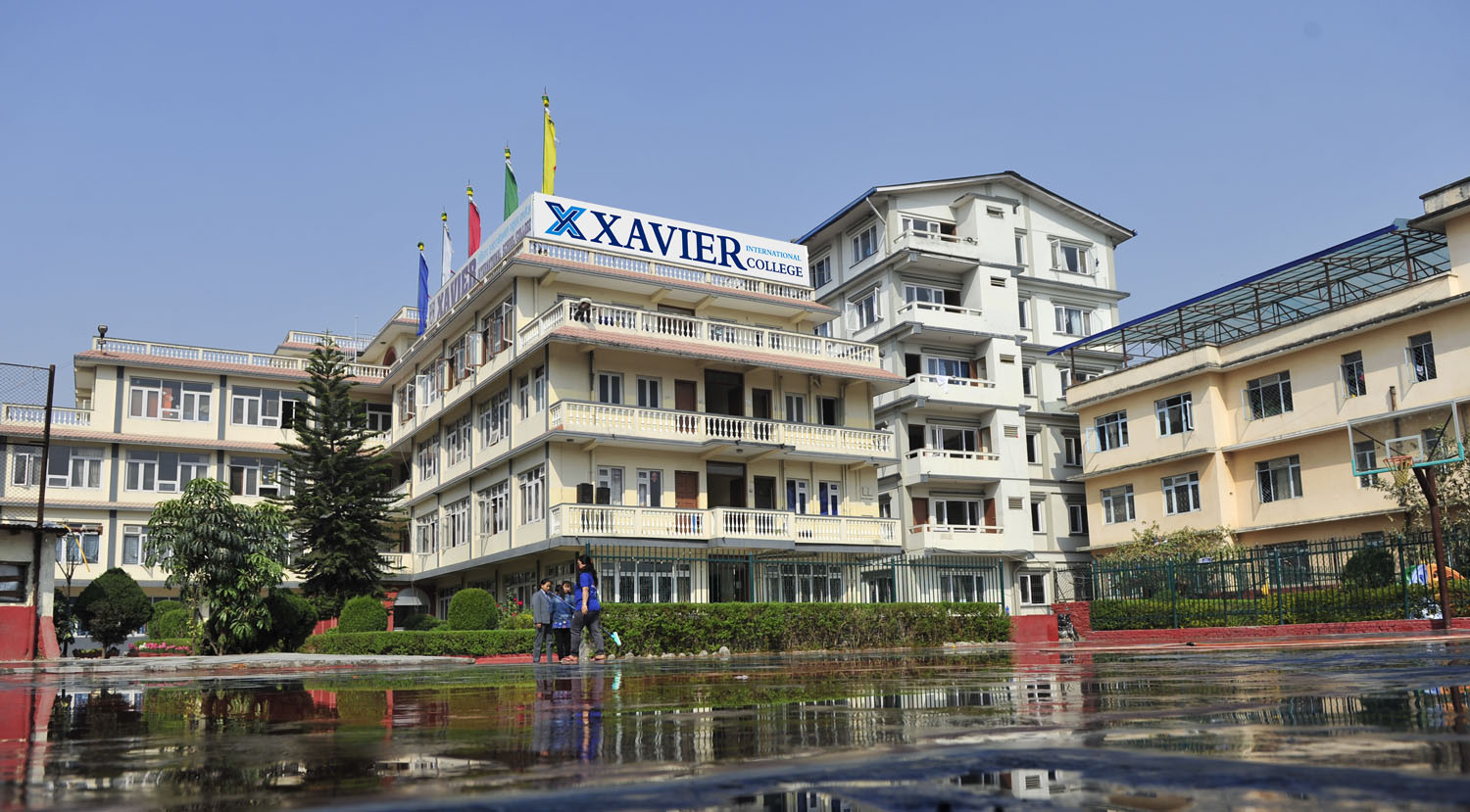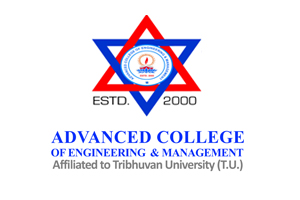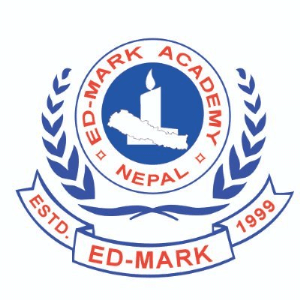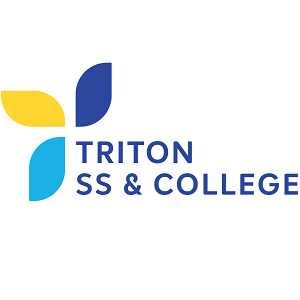Overview
BCA at Xavier International College, Kathmandu
Xavier International College (XIC), Bauddha–Tushal, Kathmandu, offers the Bachelor in Computer Applications (BCA) under Tribhuvan University.
Students seeking reliable details on the BCA at XIC will find verified information here: degree affiliation, duration, entry rules, curriculum focus, learning outcomes, and career paths within Nepal’s IT market.
The program runs for four years across eight semesters under Tribhuvan University’s Faculty of Humanities and Social Sciences, and entry requires passing the TU BCA entrance examination.

Overview
BCA at Xavier International College prepares students for computing roles across software development, systems analysis, networking, databases, and IT support. The college follows TU policies on assessment and graduation. The program grants a Tribhuvan University degree upon completion of the prescribed coursework and examinations.
Highlights
Duration: four years (eight semesters)
Affiliation: Tribhuvan University
Entry requirement (academic): +2 or equivalent with minimum GPA 2 and at least D+ in each subject
Entry requirement (exam): TU BCA entrance conducted by Tribhuvan University
Curriculum details
The BCA syllabus at TU focuses on core computer science fundamentals while undergoing periodic revisions at the university level to reflect IT industry needs. That balance maintains a strong theoretical base alongside courses that speak to real project work. Students learn programming concepts, data structures, database systems, operating systems, networking, web technologies, and software engineering practices over the eight-semester cycle. The prospectus notes that the syllabus centers on core fundamentals, with updates made to increase employability for students graduating into Nepal’s growing ICT market.
Objectives
The program seeks to build clear competencies in software and systems work. Students analyze and develop applications, set up and manage networks, and troubleshoot systems as part of their progression. The goal remains straightforward: produce graduates who can reason about computing problems, write reliable code, coordinate with teams, and contribute to organizational IT functions from day one. Learning outcomes published by the college reflect this path.
Scope
Graduates move into a spectrum of roles. The prospectus lists software developer, computer systems analyst, database administrator, information systems manager, computer support specialist, and computer scientist as common directions, alongside higher studies for those continuing their academic route. These titles map well to Nepal’s service-focused firms, software companies, banks, and telecom-related organizations that hire entry-level IT staff.
Learning outcomes
Students learn to:
-
analyze, plan, and develop software or computer systems
-
build and secure networks and monitor them for reliable data flow
-
create web, desktop, or mobile applications to a client brief
-
configure, integrate, test, and maintain systems and networks in line with industry needs
-
resolve system issues and communication problems to keep operations stable
-
apply information retrieval concepts for decision support in organizations
Skill development modules
The college integrates presentations, report writing, project studies, field tasks, and other applied activities to connect theory with practice. Students practice communication and teamwork while developing code, testing features, and presenting solutions. This approach helps first-time job seekers convert semester learning into project artifacts suitable for internships and early roles.
Teaching methodology
Faculty follow a need-based teaching approach aligned with course requirements. Teachers act as facilitators, and the college highlights a balanced teacher–student ratio that supports regular interaction and guided practice. Students work through structured activities that sharpen both conceptual understanding and practical skill.
Admission requirements
Academic requirement: +2 or equivalent with minimum GPA 2 and minimum D+ in each subject
Entrance: TU BCA entrance conducted by Tribhuvan University
College process: choose course → submit application → sit entrance → interview (student with parent/guardian) → offer → enrollment. The Admissions Office accepts appointments for campus visits and information sessions.
Career opportunities
Examples from the college prospectus include software developer, computer systems analyst, database administrator, information systems manager, and computer support roles. The listing also mentions research-oriented computer scientist positions and leadership tracks such as CIO over a longer horizon. Early employment often involves junior developer or support posts where students apply semester projects to real tickets and product backlogs.
Scholarships and financial aid
Scholarship information varies by intake. Applicants should check the current admission notice and contact the Admissions Office for any merit- or need-based provisions relevant to the BCA cohort that year.
Why choose this course?
Students seeking a Tribhuvan University degree in computing within Kathmandu gain a clear route through XIC’s eight-semester structure. Learning outcomes listed by the college point to hands-on skills in coding, networks, systems, and information management that align with entry-level roles across Nepal’s IT and services ecosystem. Campus facilities—computer access, research support, counseling, and meeting spaces—support day-to-day work.
Conclusion
BCA at Xavier International College presents a verified TU-affiliated path with explicit entry criteria, practical coursework, and career options that match local needs. Students focused on software and systems work will find a program that connects classroom learning to project output and early employment. Confirm active deadlines and documents through the college before applying.


















